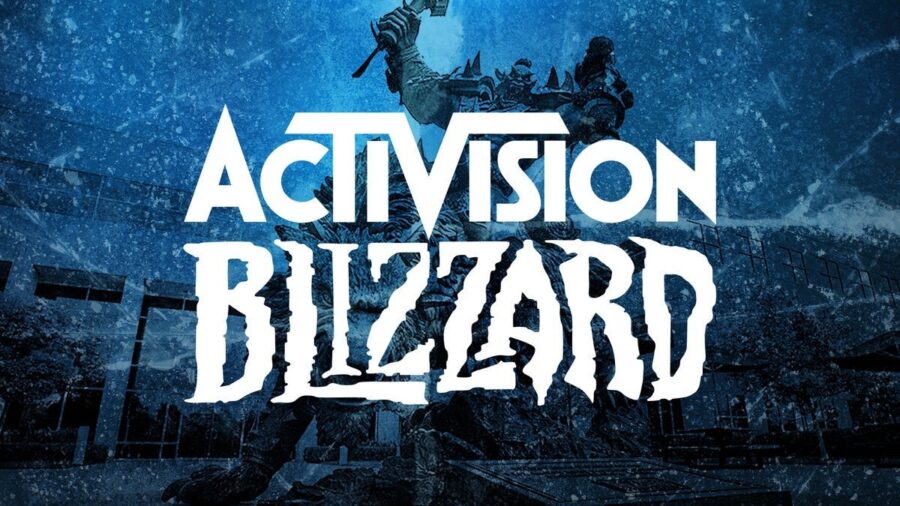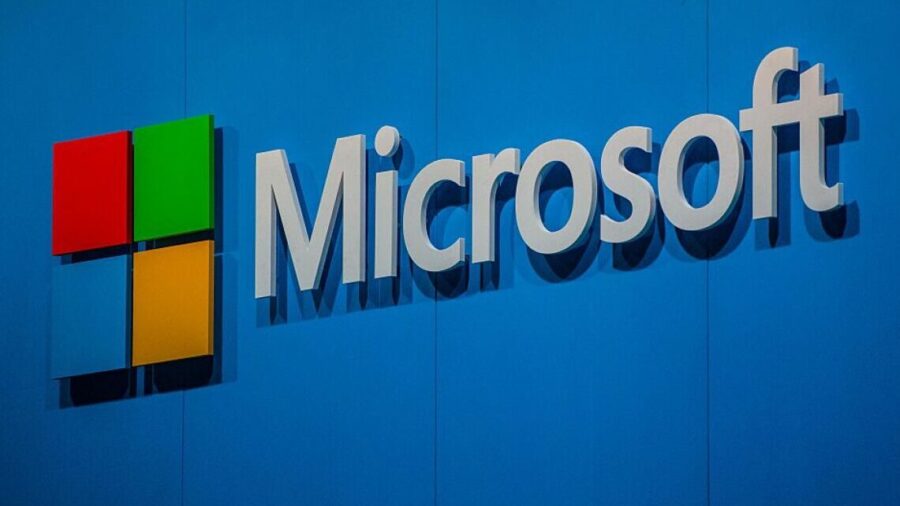Microsoft Is Being Sued Over Activision-Blizzard
Microsoft is being sued by gamers who claim its acquisition of Activision Blizzard will create a monopoly.
This article is more than 2 years old

Gamers are now suing Microsoft over its historical acquisition deal with Activision Blizzard, citing that the acquisition would allow Microsoft to create a monopoly in the video game industry. The lawsuit, one of many which involve Activision Blizzard, comes only weeks after the US regulators filed a case to block the deal and after Microsoft offered Sony 10 years of Call of Duty on the PlayStation platform.
According to GameSpot, gamers—who conveniently remained unnamed— are suing Microsoft, stating that the proposed acquisition would grant Microsoft a monopoly over the gaming market, allowing the gaming giant to foreclose rivals, limit output, reduce consumer choice, play with the prices, and inhibit competition. Microsoft, on the other hand, is defending the acquisition by stating that the deal would expand competition and create opportunities for gamers and game developers to reach the market. But is that really what Microsoft is trying to achieve?
We have several things to unpack here. Activision was the first independent game developer in the world, and Activision Blizzard is one of the largest game developers that produce high-quality, triple-A titles for multiple platforms. Microsoft is a well-known tech giant and quite possibly the largest tech giant that focuses on gaming and manufacturing of gaming hardware—we’re, of course, talking about Xbox. So, it’s easy to see how the competition is scared for their share in the gaming market and customer attention.

If the proposed deal goes through, the competition fears that Microsoft would gain the means to harm its competitors by releasing gaming titles that would be of sub-par quality on competitor’s consoles. Additionally, its first-party studios would potentially gain access to any dev-kits from competitors that want Microsoft and Activision Blizzard’s games on their consoles. It could also withhold content from the competition entirely, though it would also devoid itself of a significant portion of the market.
As stated before, Microsoft already offered 10 years of Call of Duty to Sony and PlayStation as an olive branch, but that same deal was also offered to Nintendo as well. The latter, however, readily took the offer and secured the world’s most famous FPS for its own consoles. Sony stands to lose significantly if this deal goes through because it’s listening to itself rather than the market. Gamers don’t really care about what hardware they’re playing on and who makes the games as long as the content is entertaining and it runs smoothly.
This is evident by the sheer popularity of games that are no longer console exclusives. Valve figured this out a whole decade ago—the real money lies in services, less so in products. Microsoft realized this as well, which is why it’s beating Sony left and right when it comes to gaming. PlayStation might outperform Xbox in sales, but even PlayStation enthusiasts readily admit that Xbox offers better service. So, this begs the following question: who the plaintiffs really are? Are they just some gamers who realized Microsoft’s evil plan to conquer the universe through corporate acquisitions?
Or are we seeing just another example of lobbying to prevent gamers from being one step closer to gaming heaven: a unified industry that offers exceptional entertainment on all platforms?










